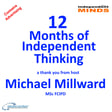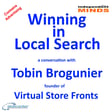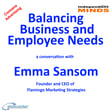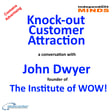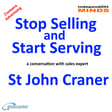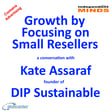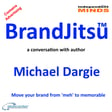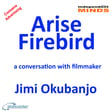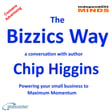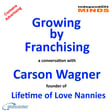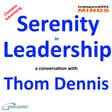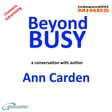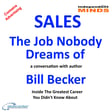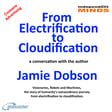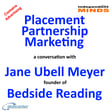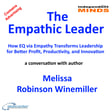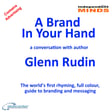
Understanding Community-Based Marketing – a conversation with author Islam Gouda
Good Marketing doesn’t just sell stuff; it has to enhance the lives of your customers.
Islam Gouda, is the marketing maestro author of SMEs and Startups Marketing Guide Through the Pandemic.
In this episode of The Independent Minds Islam talks to host Michael Millward about what makes community-based marketing work.
During their discussion Islam and Michael discuss
- Why it is important for marketers to utilise community-based marketing as the customer bases transfer between generations.
- The connection between psychology and marketing and how understanding the psychology of marketing helps brands to connect with consumers.
- The importance of a brand understanding their values and how to find consumers who share those values.
You will leave this episode understanding the importance of building a community around your brand and how this can be the most cost-effective approach to marketing for a small or medium sized organization.
More information about Islam Gouda and Michael Millward is available at abeceder.
Audience Offers
The Independent Minds is made on Zencastr, because as the all-in-one podcasting platform, Zencastr really does make creating content so easy.
If you would like to try podcasting using Zencastr visit zencastr.com/pricing and use our offer code ABECEDER.
Travel
With discounted membership of the Ultimate Travel Club, you can travel anywhere at trade prices on flights, hotels, trains, and many more travel related purchases.
Fit For Work We recommend The Annual Health Test from York Test; a 39-health marker Annual Health Test conducted by an experienced phlebotomist with hospital standard tests carried out in a UKAS-accredited and CQC-compliant laboratory.
A secure Personal Wellness Hub provides easy-to-understand results and lifestyle guidance
Visit York Test and use this discount code MIND25.
Visit Three for information about business and personal telecom solutions from Three, and the special offers available when you quote my referral code WPFNUQHU.
Being a Guest
We recommend the podcasting guest training programmes available from Work Place Learning Centre.
We use Matchmaker.fm to connect with potential guests If you are a podcaster looking for interesting guests or if you have something interesting to say Matchmaker.fm is where great guests and great hosts are matched and great podcasts are hatched. Use our offer code MILW10 for a discount on membership.
We appreciate every like, download, and subscriber.
Thank you for listening.
